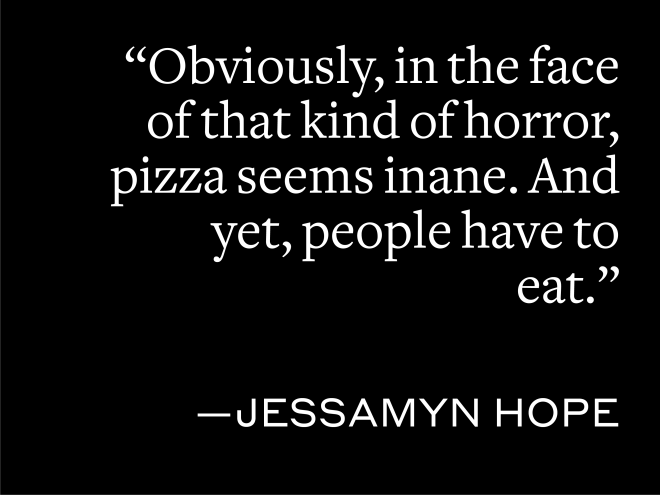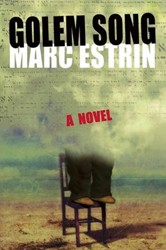Short story writer Jessamyn Hope’s powerful debut novel draws on her experiences living in Israel in its depiction of a secluded kibbutz community. The primary protagonist, Adam, is a former drug addict who steals a family heirloom to pay for his vices; when his grandfather discovers that the brooch his missing, he has a heart attack and dies. Plagued by guilt, Adam uses the only clue he has — a letter from his grandfather’s young lover that accompanied the heirloom — to locate the woman and give her the brooch, hoping that by doing so he will have in some way absolved himself. Adam traces his grandfather’s footsteps back to the kibbutz where the two had met, but is unable to locate his grandfather’s former lover. Frustrated by his failures, Adam is unable to stay sober and slowly unravels.
Hope’s novel, written from multiple perspectives, makes the reader feel a part of the tightknit and at times stifling community. In skillfully executed dramatic irony, Hope leaves the readers in a position of understanding far more about the residents than they do about each other. Through this technique, Hope reveals that even though these characters live so close to each other and have been together for so many years, they do not know about each other’s pasts or aspirations for the future.
Throughout the novel, Hope movingly portrays the struggle of young Zionists to reconcile the socialist roots of the movement with the emergence of capitalism and modernization in Israel. This conflict is played out through the kibbutz residents’ disagreements about implementing differentiated income. This issue coupled with Adam’s sense of obligation to his deceased grandfather together evoke the broader question of what individuals owe to their ancestors. This question is particularly relevant for contemporary Jews as the Holocaust generation fades into memory and their descendants grapple with honoring their memory and upholding their traditions while redefining what it means to be a Jew.
Readers interested in the development of Zionist ideology and its enduring impact on the relationships between members of kibbutzim will find Hope’s novel interesting and moving. While some might be frustrated by Adam’s lack of a sense of responsibility, others will find his weak character to be a refreshing twist on the classically strong, imperturbable kibbutznik of Israeli lore.




